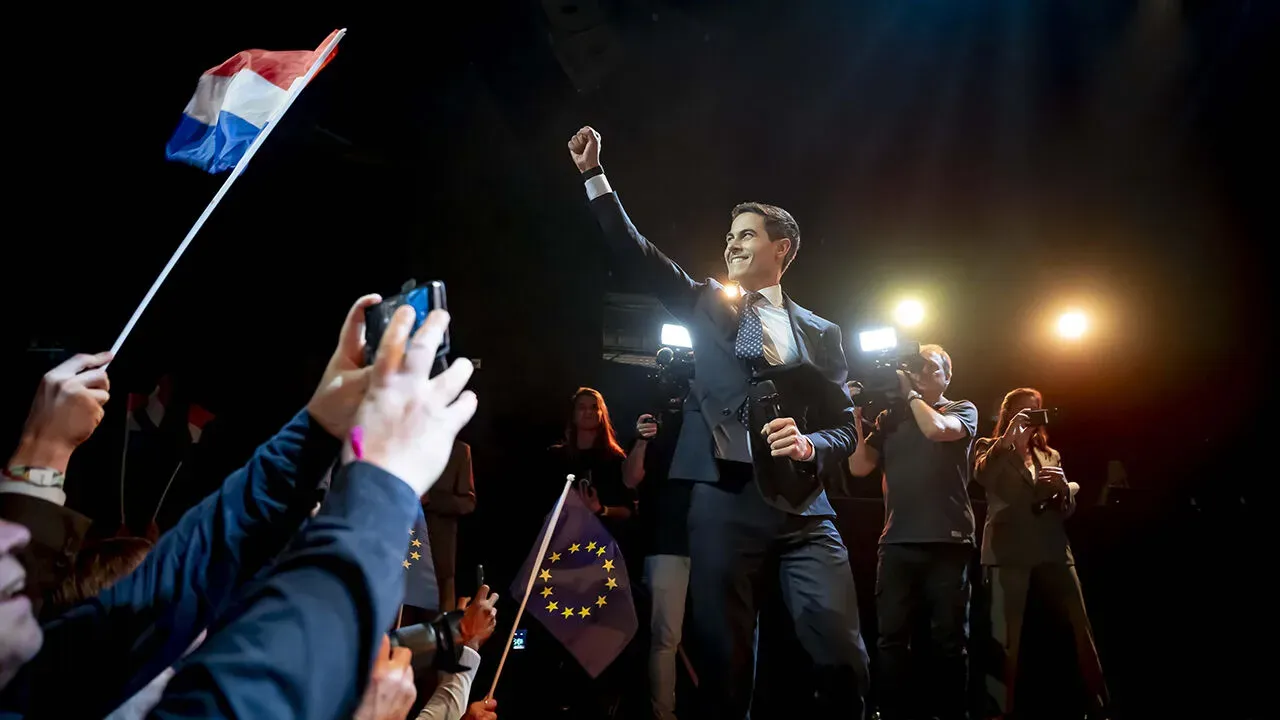The recent Dutch elections have resulted in a significant political shift, likely steering the Netherlands toward a government without far-right influence. The anti-Islam party led by Gert Wilders suffered losses in the election held on March 15, 2024, while the centrist party D66, under the leadership of Rob Jetten, gained considerable support. This development could have important implications for Montenegro’s aspirations for European Union membership by 2028.
Historically, the Netherlands has been one of the more skeptical EU member states regarding enlargement. The new government, which may be formed by D66 and its coalition partners, could play a pivotal role in shaping the EU’s stance on the integration of new members, including Montenegro. According to an analysis by BiEPAG, the coalition negotiations will determine whether the Dutch position on enlargement is constructive or openly skeptical.
With a voter turnout exceeding 78%, the Dutch electorate has set the stage for what is expected to be another round of challenging coalition negotiations in The Hague, a process that could extend over several months. The most favorable scenario for Montenegro appears to be a left-center government formed by D66, CDA (Christian Democrats), VVD (People’s Party for Freedom and Democracy), and possibly GL-PvdA (Social Democrats/Greens).
The Netherlands had previously opposed opening accession talks with Albania in 2019 and blocked the visa liberalization process for Kosovo, despite recommendations from the European Commission. While the Dutch government does not outright reject EU enlargement, its stringent approach to candidate countries stems from political skepticism toward the EU within sections of its political landscape.
Despite an official agreement that views EU enlargement as a “geostrategic investment in peace, security, stability, and prosperity,” Dutch politicians have emphasized the importance of strict conditionality on the rule of law and merit-based access. This focus places the interest of a well-functioning European Union above geopolitical imperatives for further enlargement. Thus, Montenegro must closely monitor the Netherlands’ potential veto on new member admissions, a process strongly advocated by both the European Commission and many EU member states.
While Wilders’ PVV party is expected to enter opposition, the remaining four of the five leading political groups support the admission of new EU members, either directly or conditionally. D66 advocates for enlargement, particularly concerning Ukraine, while the coalition between the Labour Party (PvdA) and the Greens (GroenLinks) seeks active support for candidate countries, barring Turkey, and backs gradual integration. The Christian Democratic CDA and the conservative VVD stress strict adherence to the Copenhagen criteria in their party platforms, while also highlighting the need for enhanced cooperation with candidate countries, maintaining a credible accession perspective.
A coalition among these four parties, which Jetten proposed as a “logical option” during election night, could pave the way for a more proactive Dutch role in Brussels and greater support for enlargement, alongside necessary reforms to safeguard the rule of law within an EU potentially exceeding 30 member states. Conversely, if D66 aligns with a right-center coalition involving CDA, VVD, and potentially more radical right parties like JA21 and BBB, the subsequent government may exhibit a more reserved approach towards enlargement and broader EU policies.
Regardless of the coalition outcome, negotiations promise to be arduous and prolonged. It is likely that the Netherlands will maintain a relatively critical stance toward EU enlargement. Nonetheless, while EU expansion rarely emerges as a priority in Dutch political debates, a centrist coalition government is unlikely to block the accession of candidate countries if it finds itself isolated in the European Council. For Montenegro, as an EU integration advocate, it is crucial to present clear arguments for its membership to all member states.







